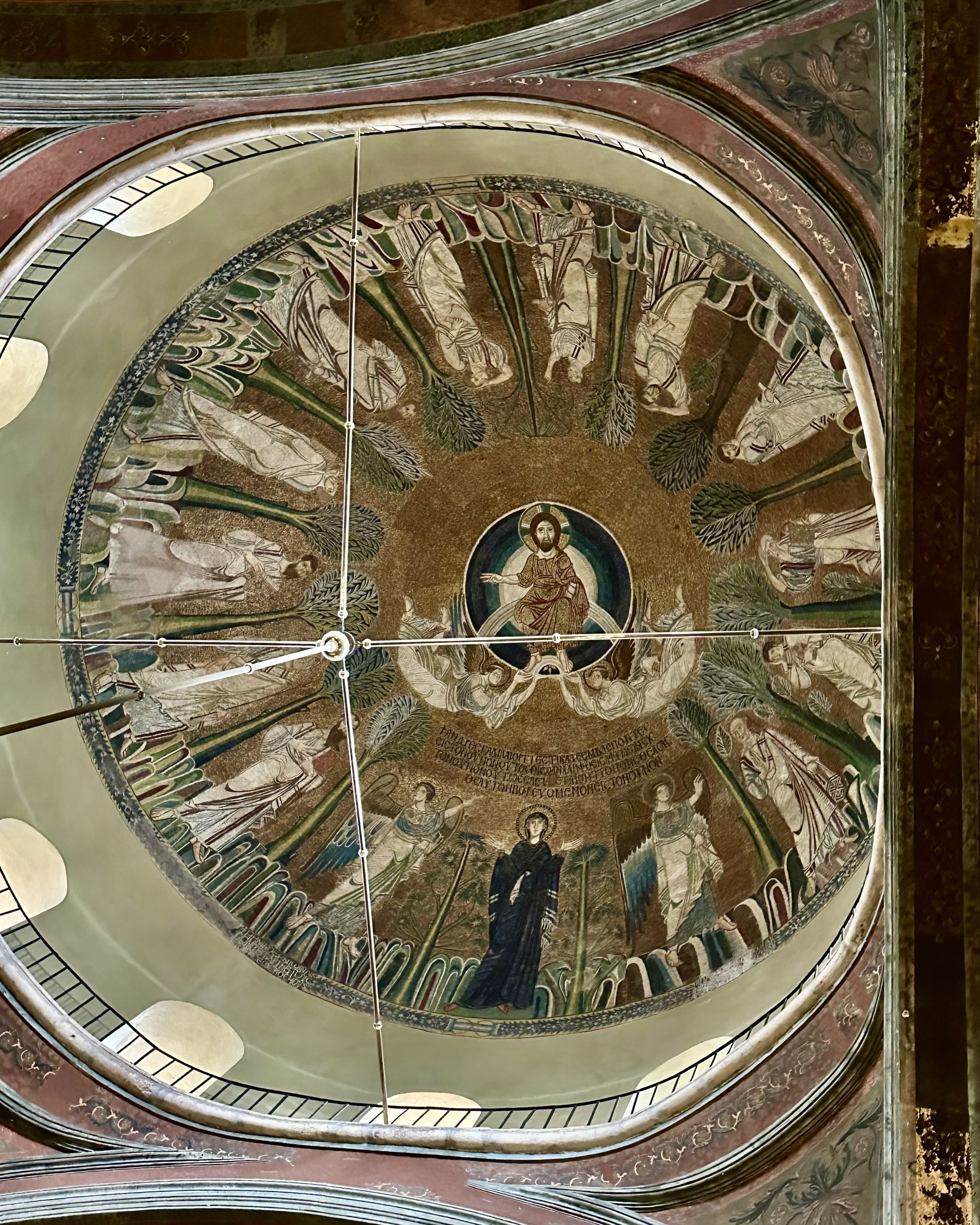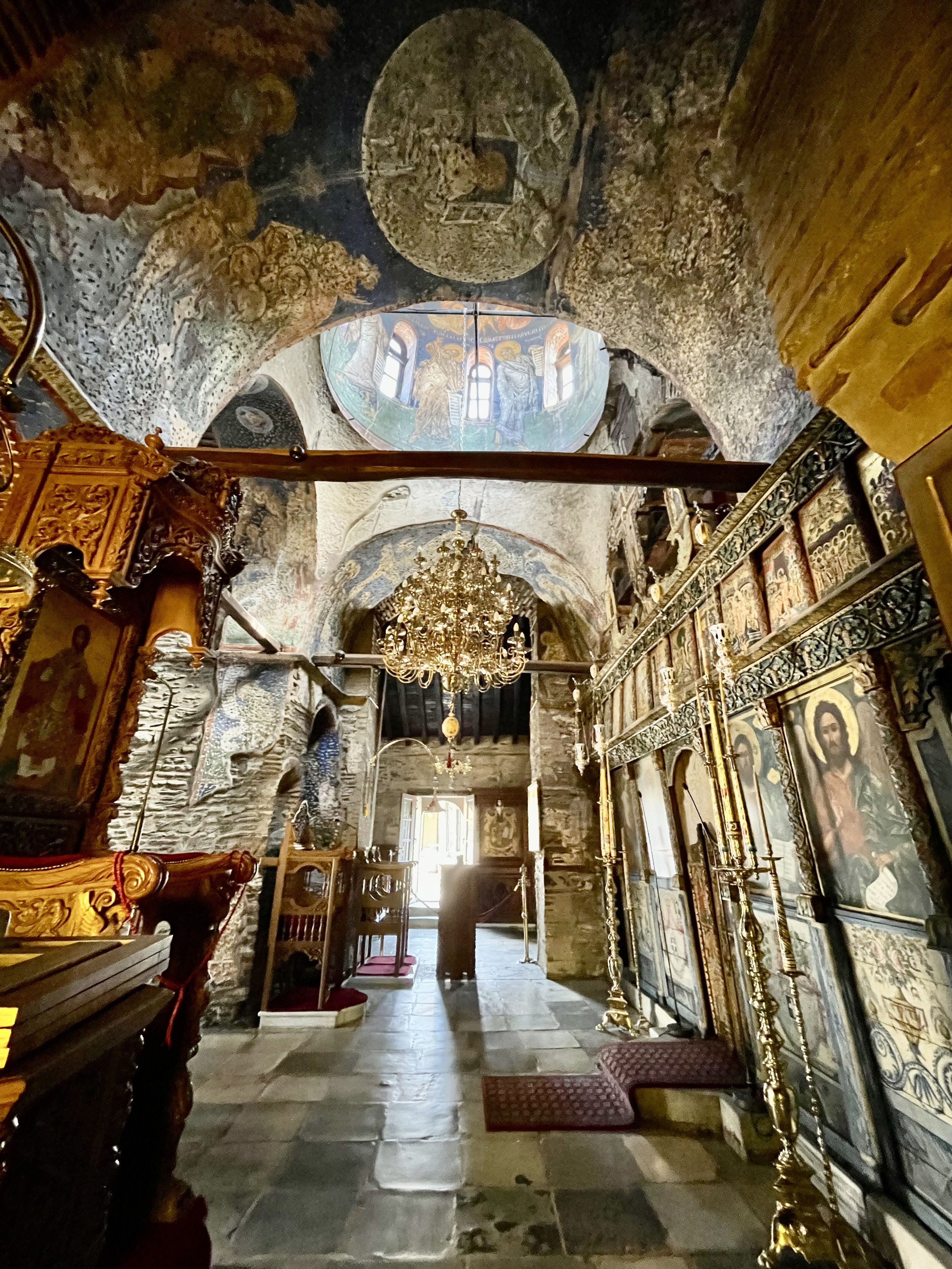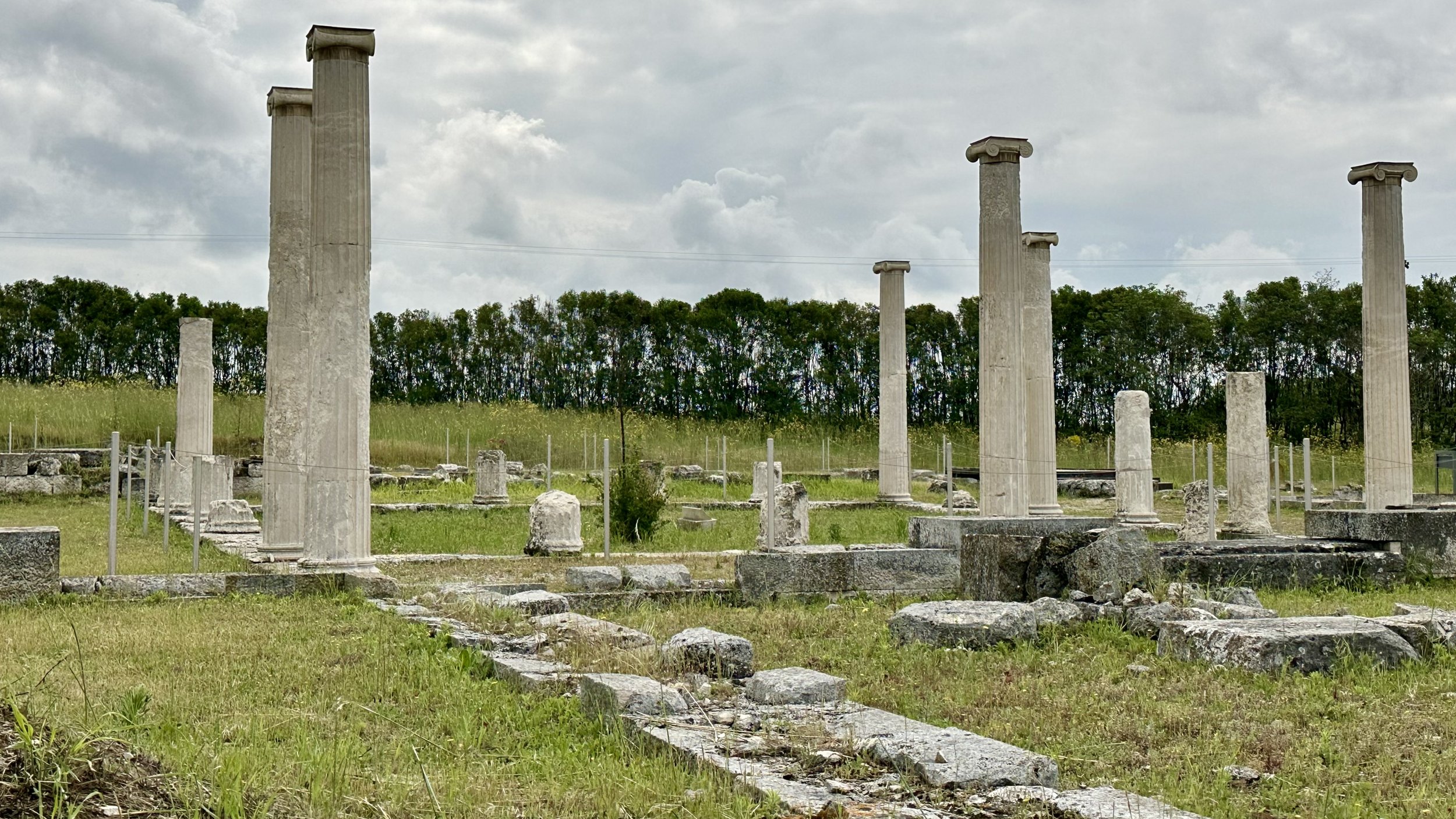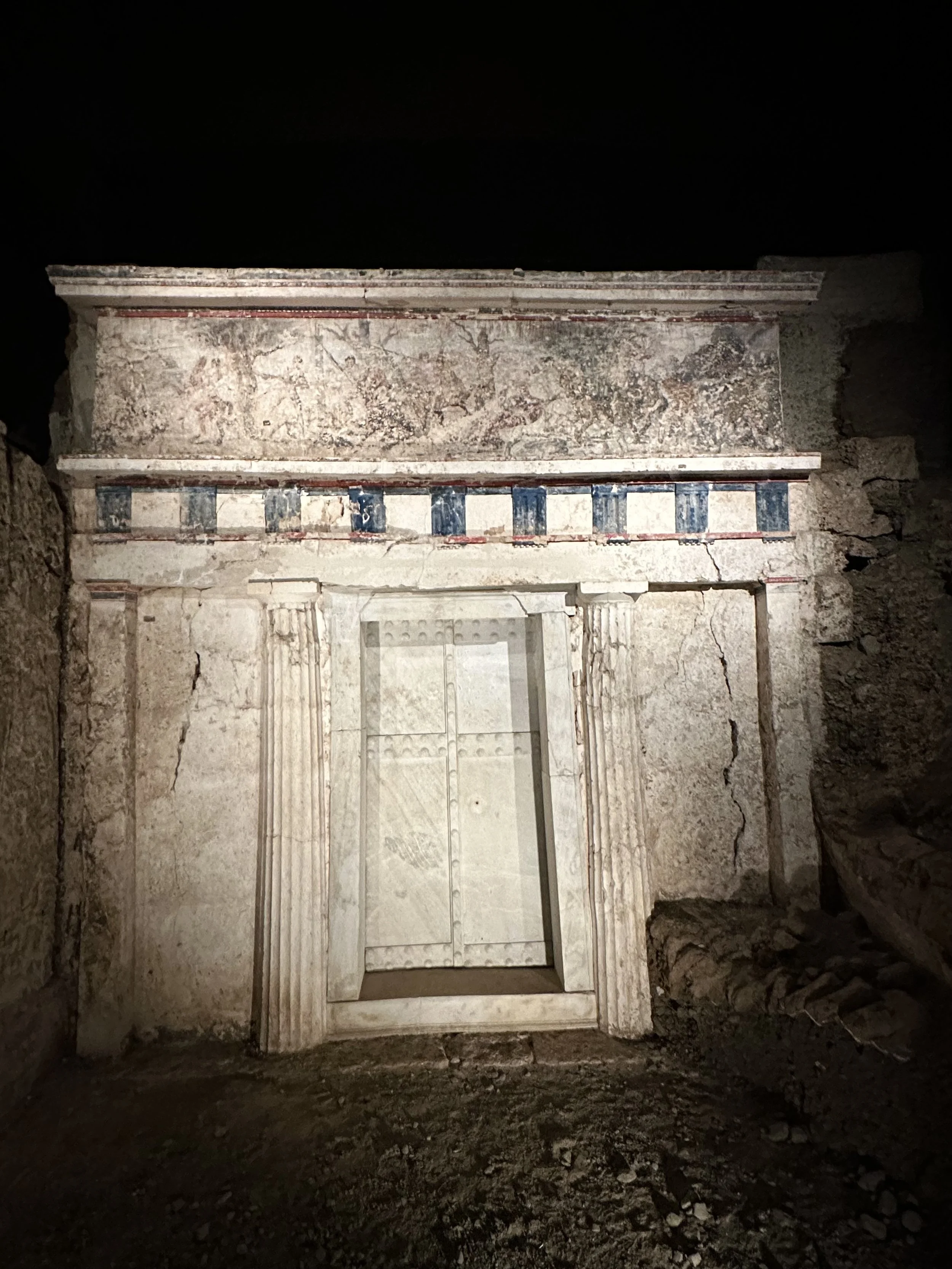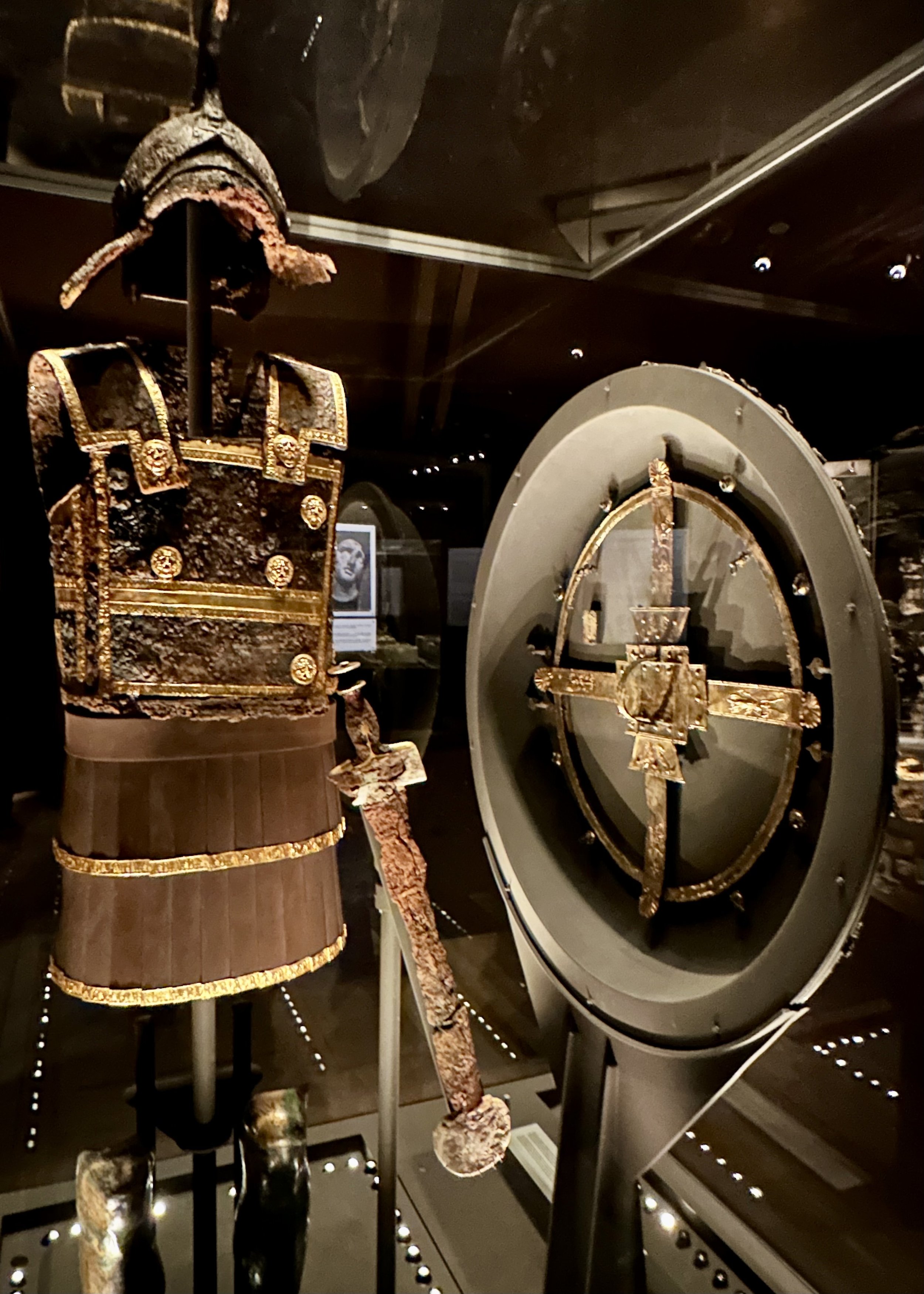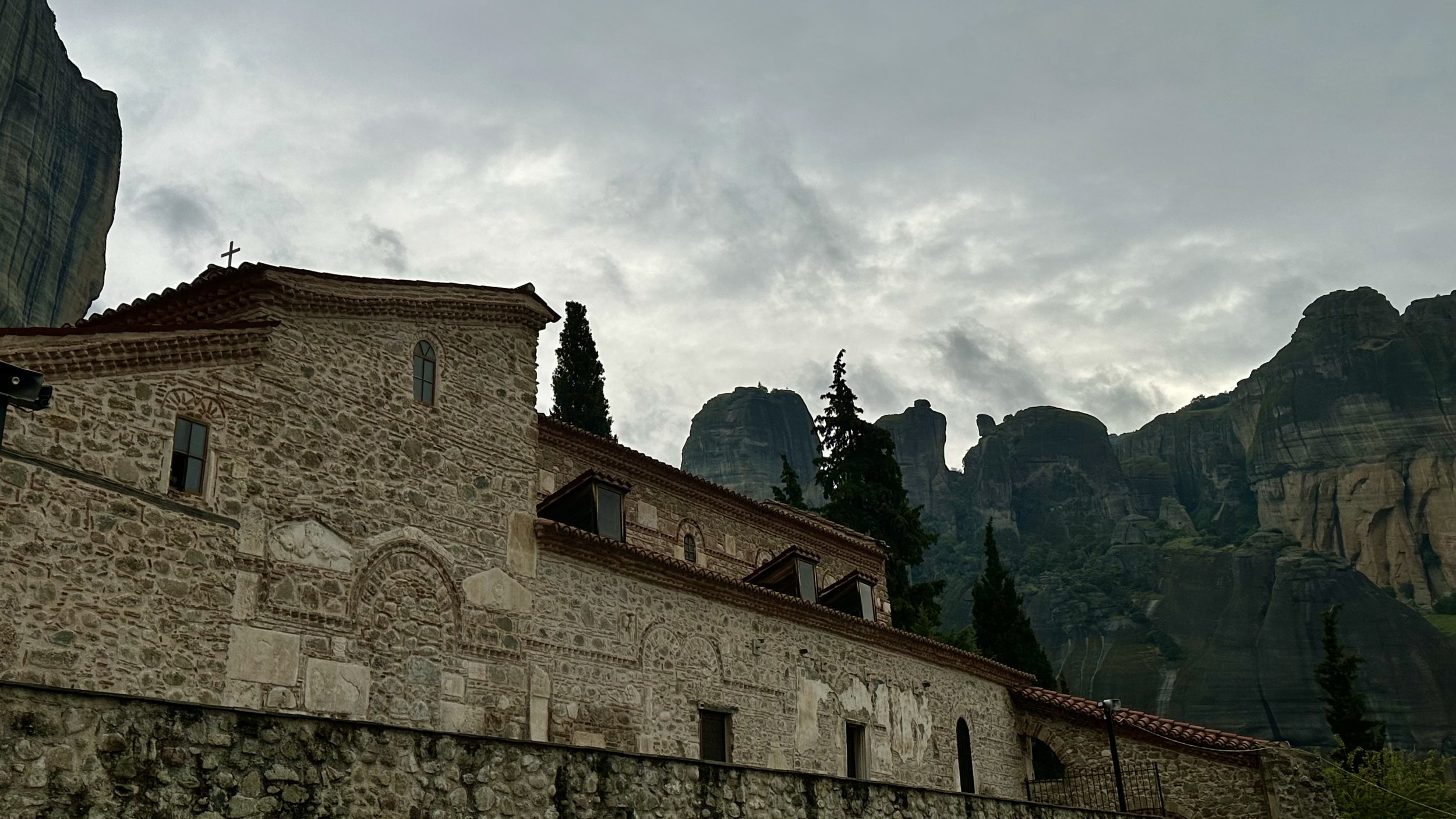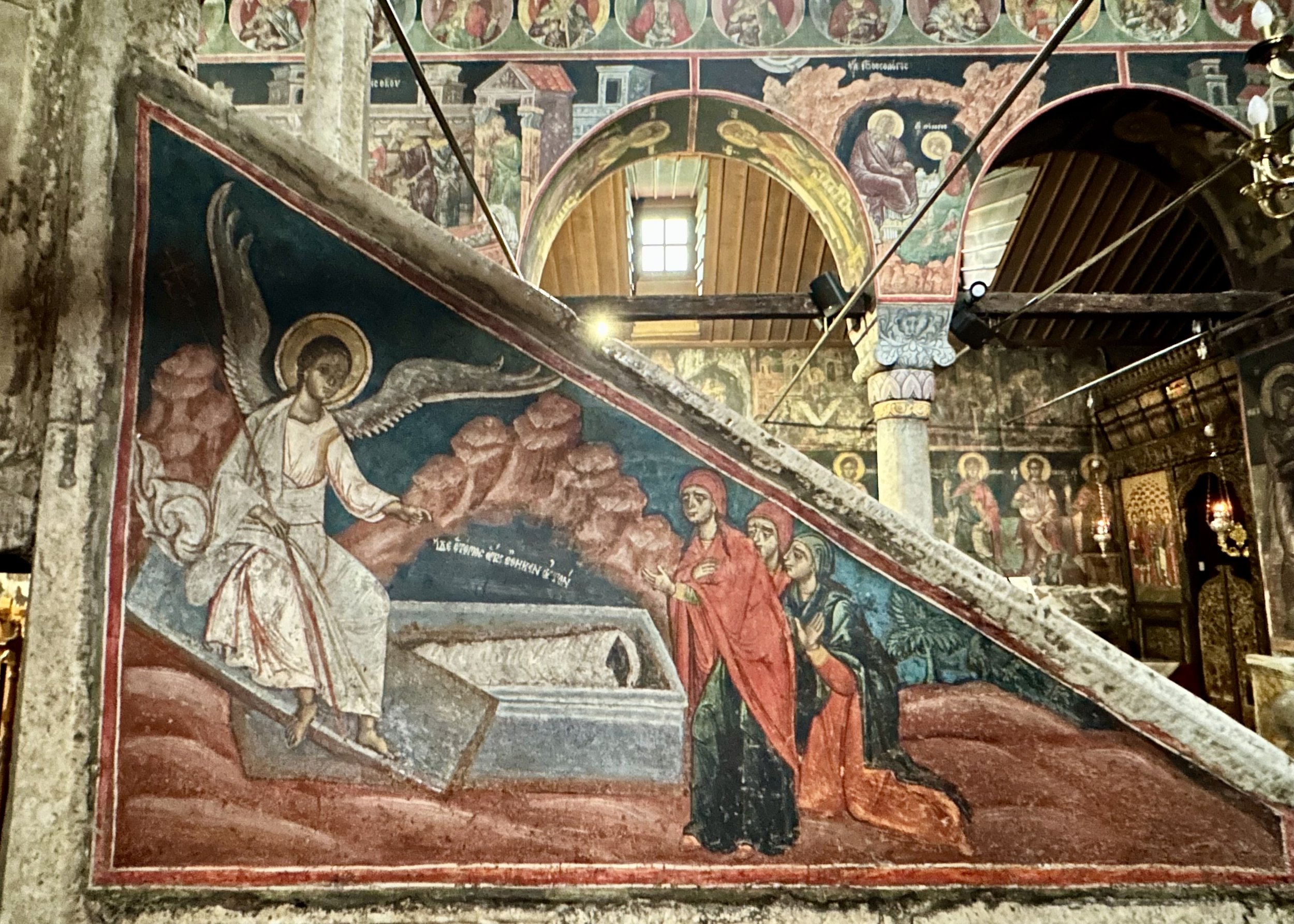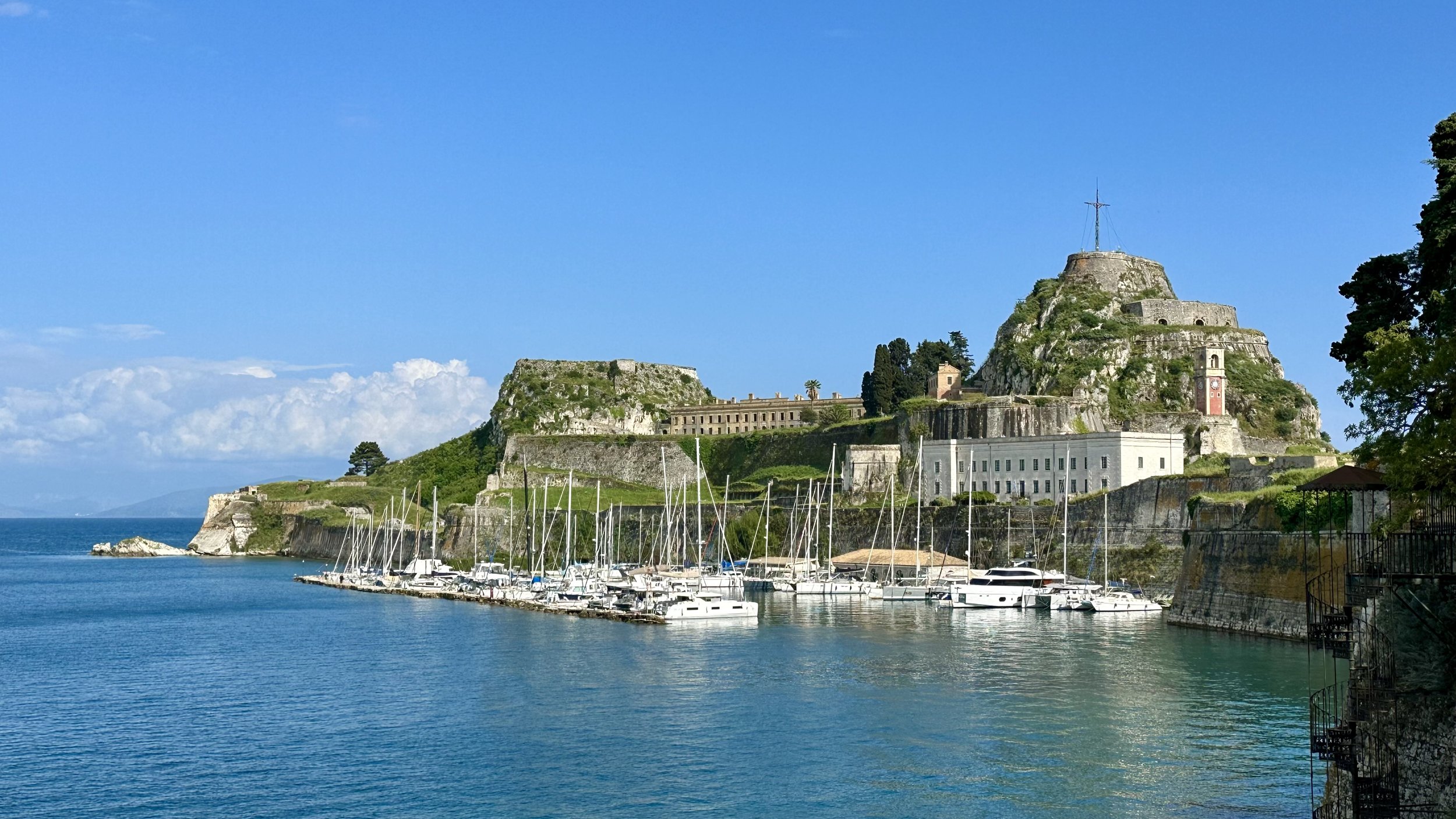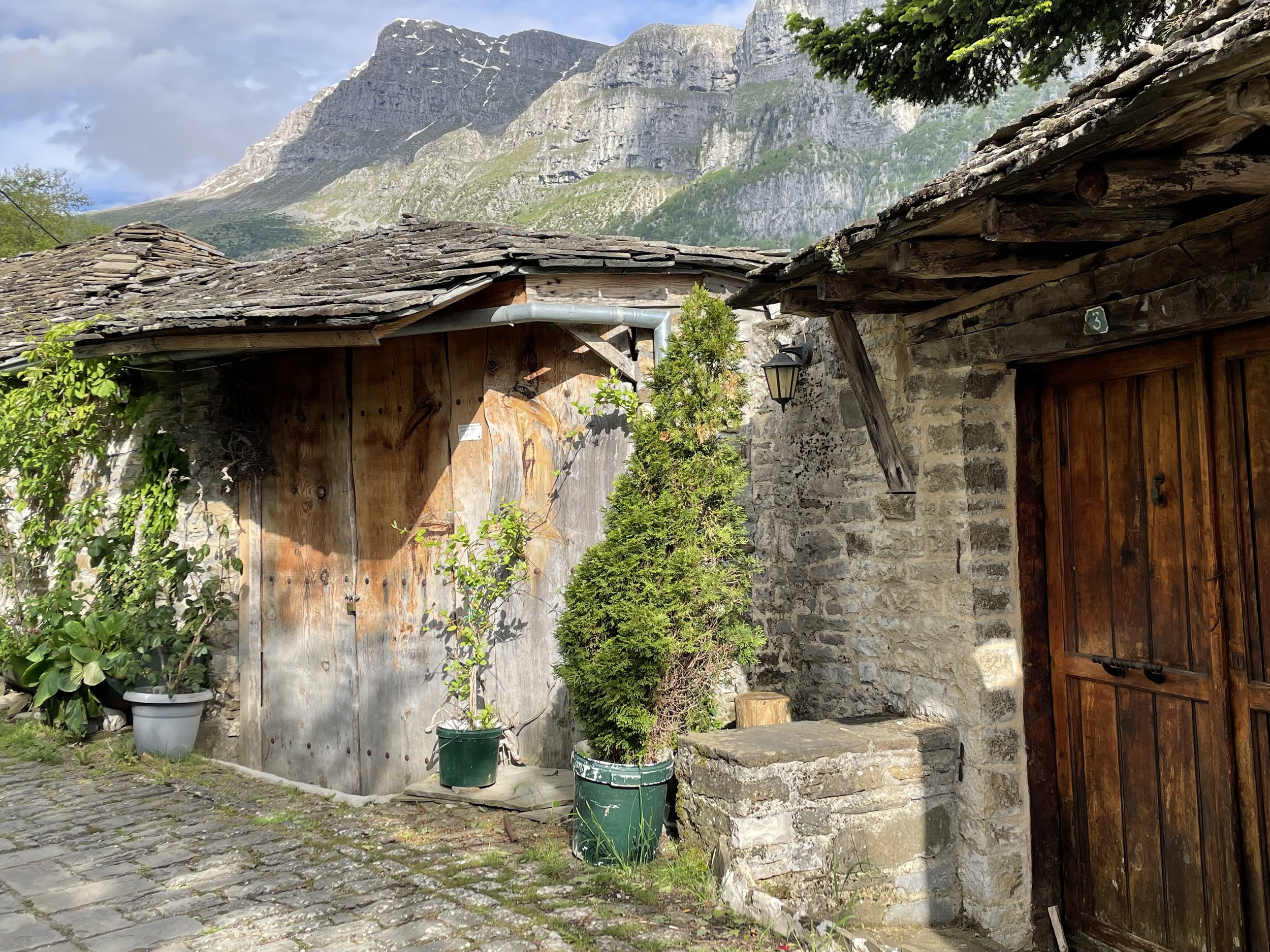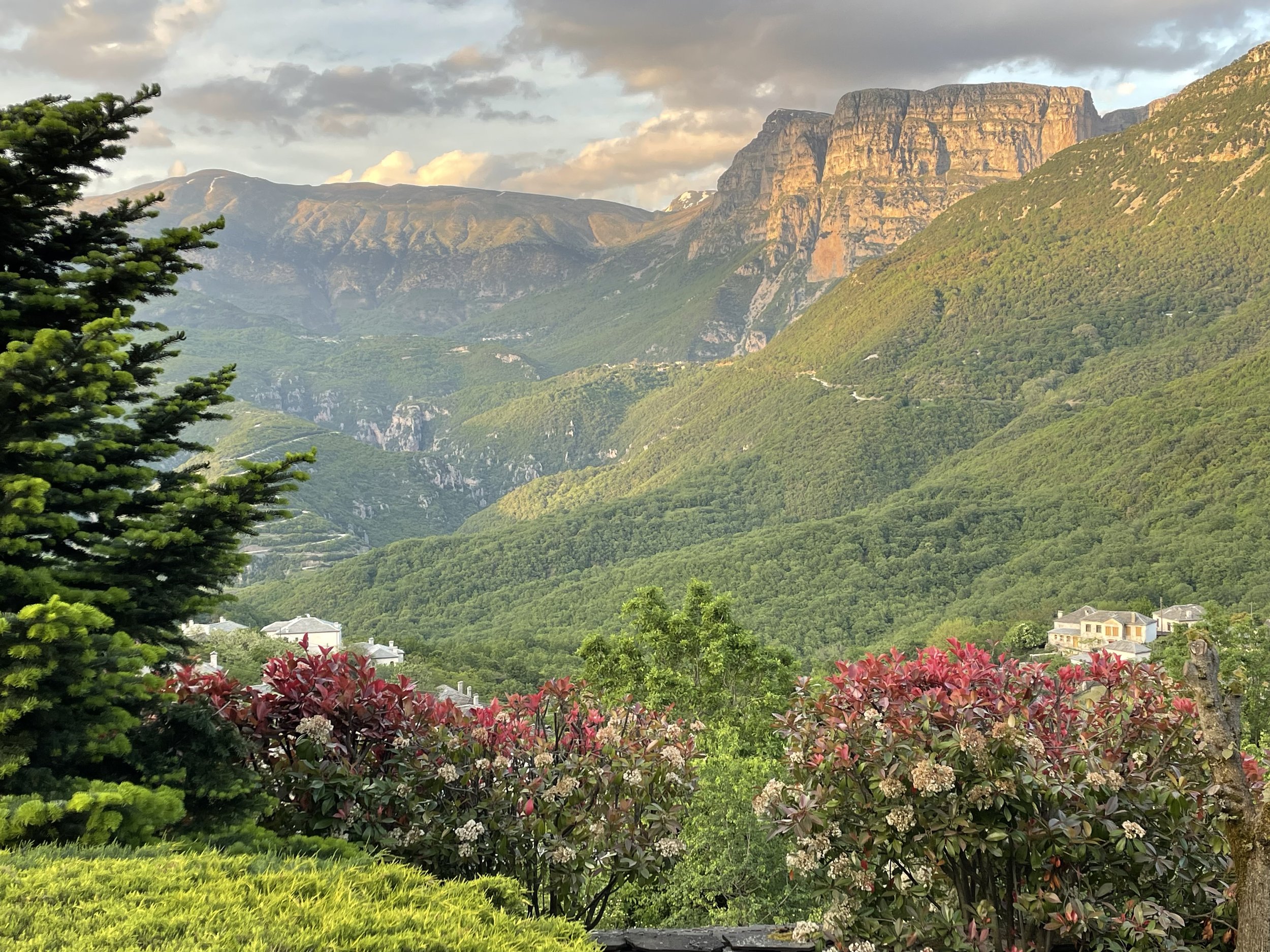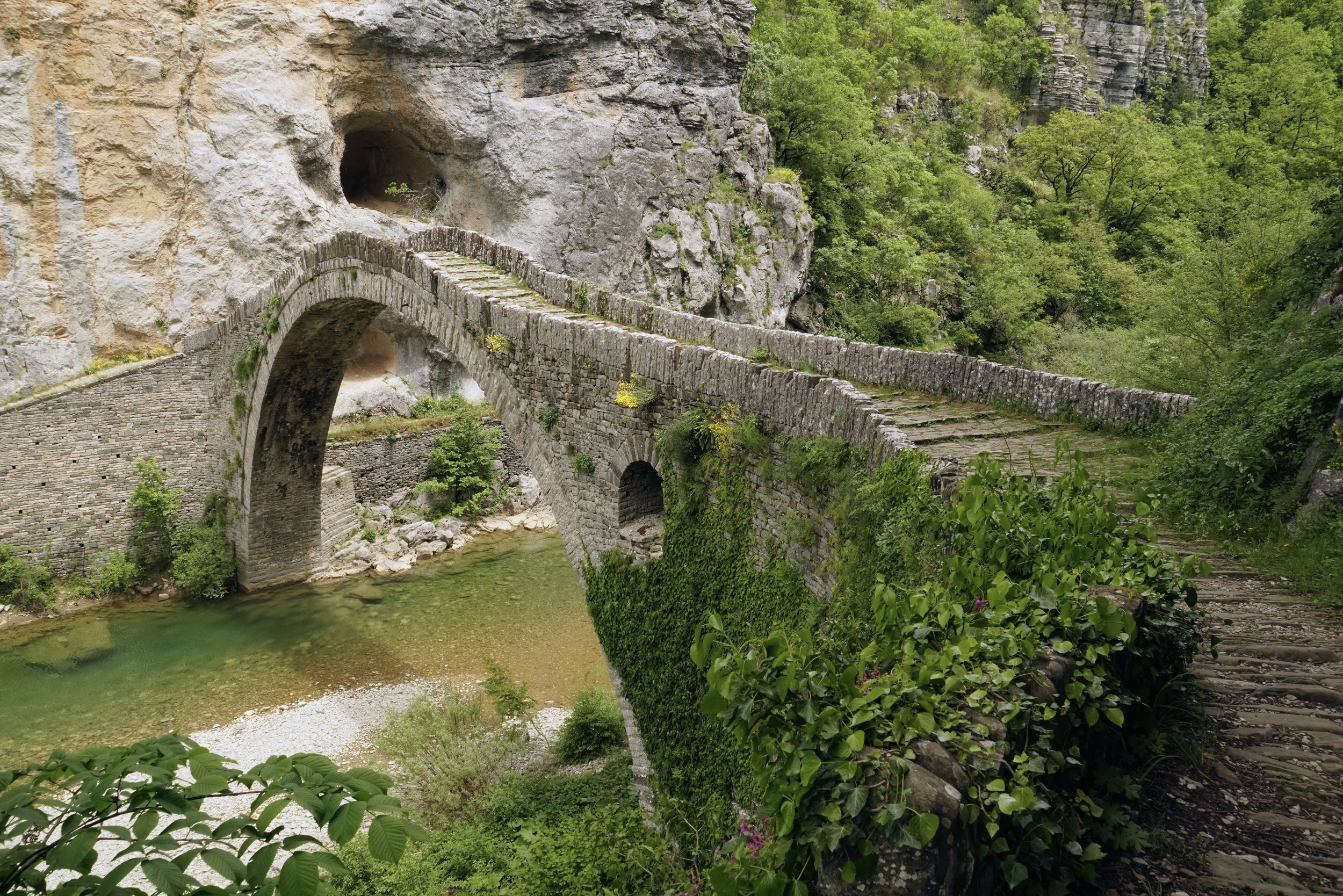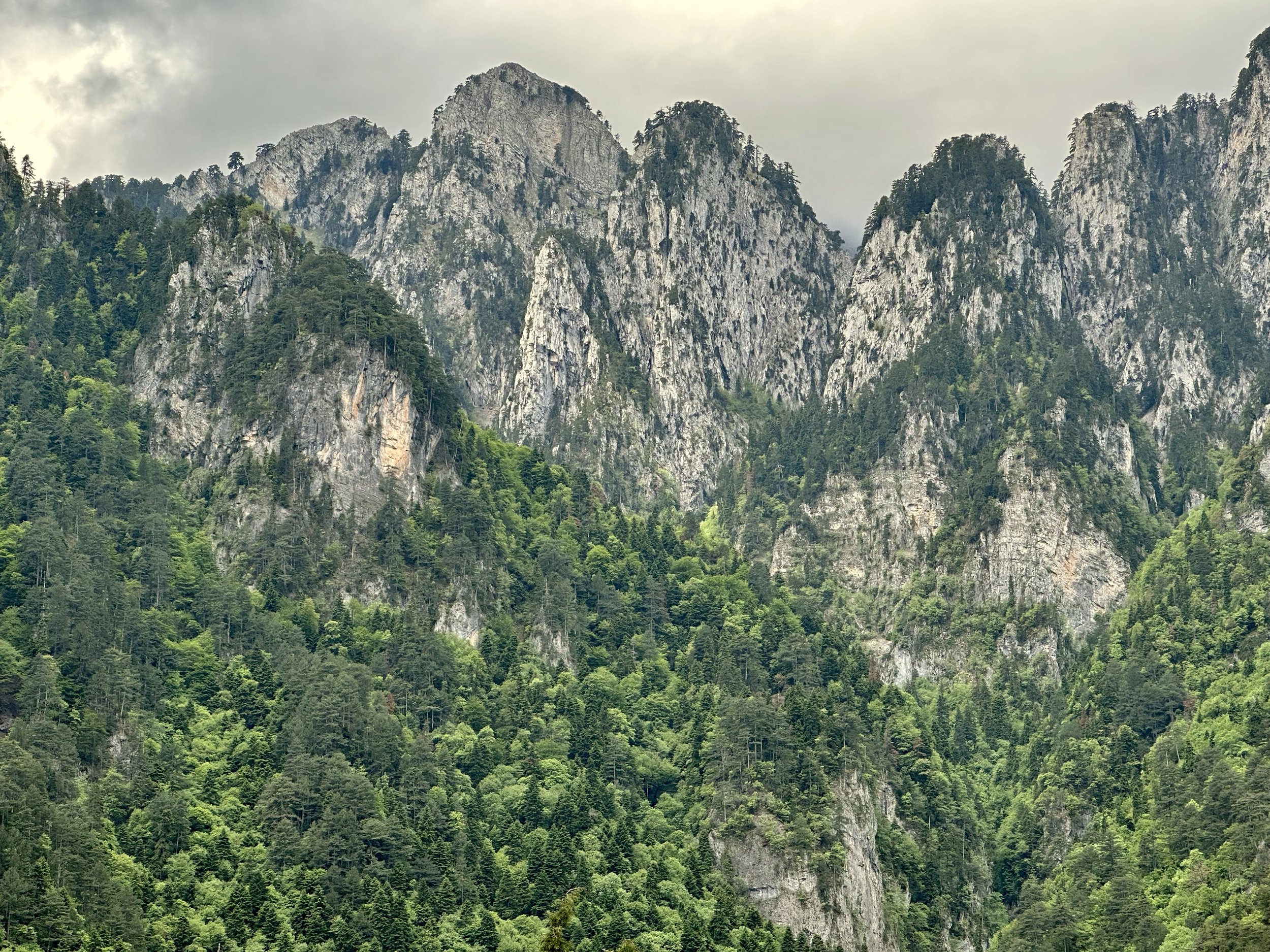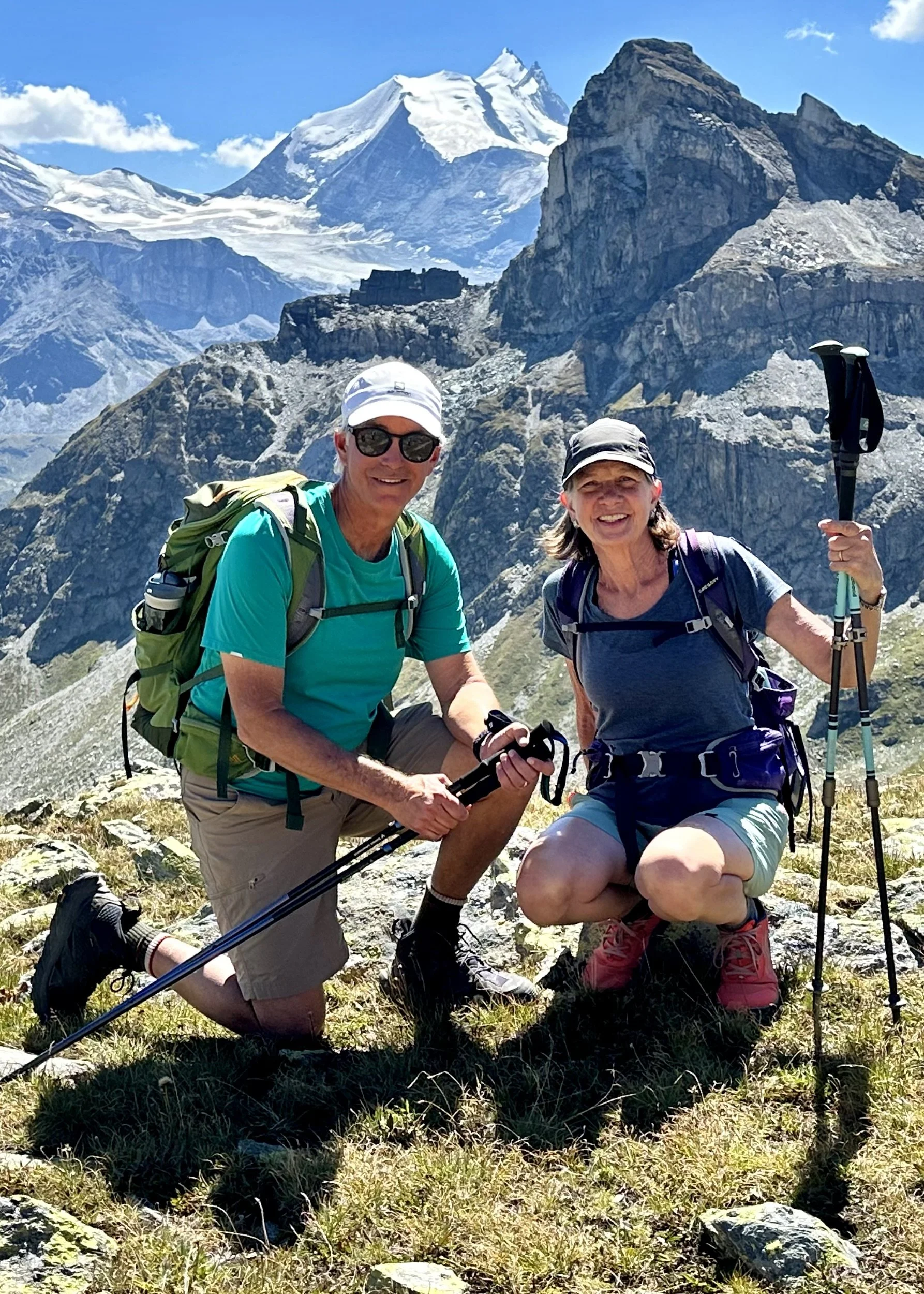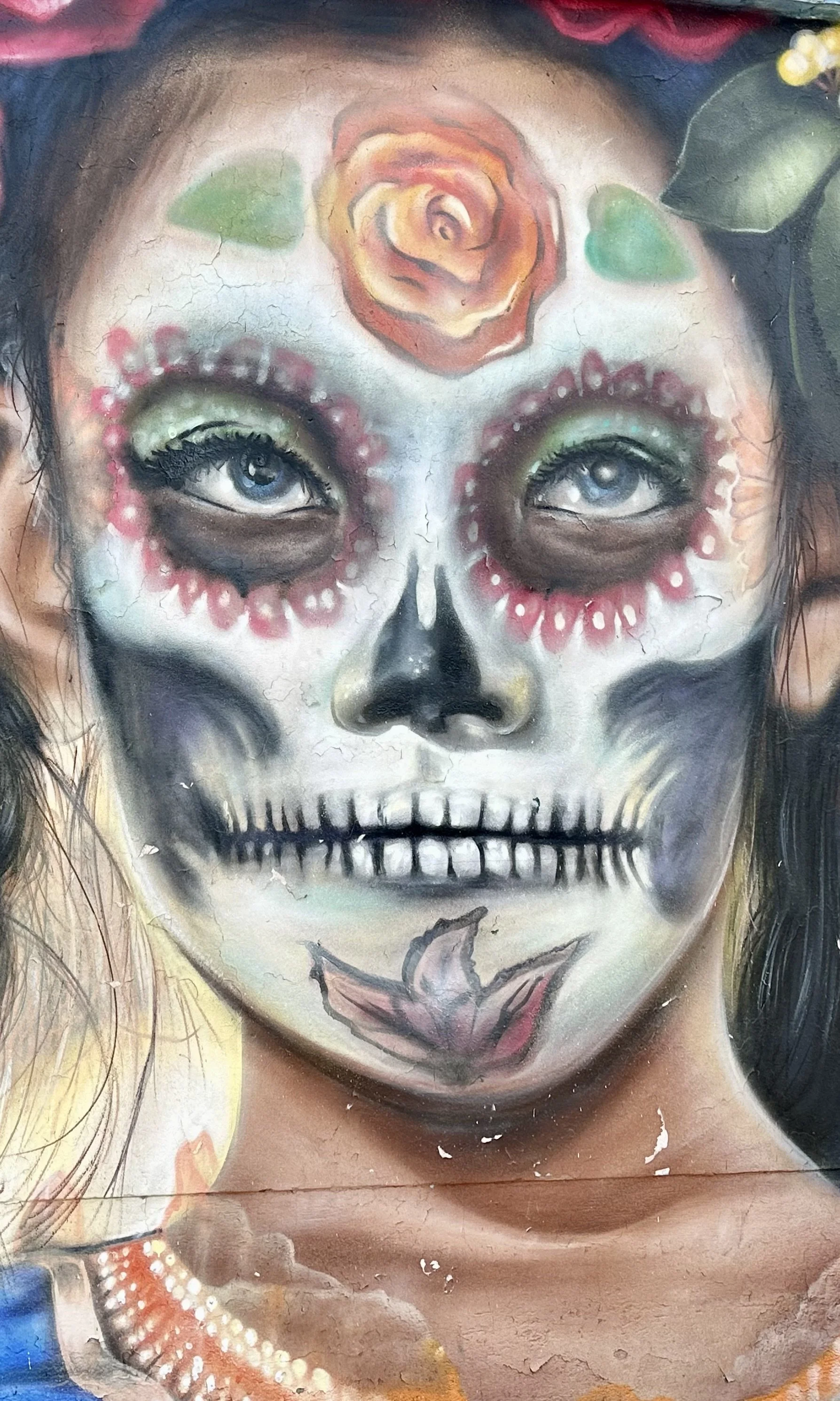Northern Greece and Corfu 2023
We first went to Greece almost 40 years ago to visit Athens and the surrounding area, and the Greek islands. We enjoyed this trip immensely and decided to venture to the northern part of Greece and visit the island of Corfu.
We started in the city of Thessaloniki which is known for its Greek, Roman, Byzantine and Ottoman history, but it is also known as the “culinary capital” of Greece. Thessaloniki for several centuries was the second-most important city of the Byzantine Empire. As a result, the city has 15 Paleo Christian and Byzantine Monuments in the UNESCO World Heritage List. One of the most amazing monuments we saw was the Rotunda of Saint George (250-311AD). Of particular interest were the mosaic remains which were from the early Christian years. Some of the other Byzantine monuments we visited included: City Walls, Church of Saint Demetrios, Church of Saint Acheiropoietos, Latomou Monastery, and Church of St Sophia to name a few.
From the 14th century until the early 20th century, much of Northern Greece was under Ottoman rule, and despite the ruling, the Christian Monuments were not destroyed. This period left a lasting impact on the region’s architecture, cuisine, and traditions. Cities like Thessaloniki became melting pots of culture with a mix of Greek, Ottoman and Jewish influences. An interesting fact was that half of the city’s population was Jewish before WWII. The historical and cultural diversity is amazing to learn about and enjoy!
One of the first things we did was to tour the city with a combined food tour. We enjoyed the street food and learned about the major items in the regional restaurants and what food to order. We truly enjoyed the tasty dishes!
We then rented a car to explore more of the northern area of Greece. Our first stop was the ancient city of Pella, which was the capital of Macedonia at the end of the 5th century B.C. and the birthplace of Alexander the Great. While the Archeological site is mostly in ruins, the Pella Museum had incredible mosaic floors with impressive art designs, and a large number of objects used in daily life in Pella. We then drove to Vergina which houses The Royal Tombs of Aigai which just opened in 1997. We walked down to the underground museum, where the tombs of the Father of Alexander the Great and the Son of Alexander the Great are buried. It was quite interesting!!
Our next stop was Meteora, which is renowned for its towering rock formations, and the second most important group of monasteries in Greece built on the top of the tall cliffs. Originating in the 11th century, monks seeking solitude ascended the cliffs and built 24 monasteries that became centers of the Orthodox Christian Church. Today, only six monasteries remain, but each is a testament to Byzantine artistry and religious devotion. We hiked from the valley base up to the monasteries and also, hiked the multiple trails to experience the peaceful natural beauty of the area.
We also visited an ancient monument of the Meteora area, known as the Kalambaka Byzantine Church. This building has managed to preserve the continuity of Greek history for over 25 centuries and has evolved with pieces of marble and a portion of mosaic floors from a Greek temple dedicated to God Apollo, to now, a Byzantine Church with precious 11th and 16th century Byzantine frescoes.
As we drove to the island of Corfu, we stopped for a brief visit at the Dodona Sanctuary. While the ruins were not very interesting, except for the Hellinistic Theatre, the history was fascinating. Dating back to the 6th century B.C., Priests or Oracles that lived there would interpret the sounds of the leaves from an old oak tree to answer the written questions posed by leaders or citizens!
We continued our drive to the Northwest corner of Greece and loaded our car on a ferry to cross a strait to the Greek island of Corfu. Corfu lies a couple of miles off the coast of either Greece or Albania’s borders and is located in the Ionian Sea. Corfu was very charming with its cobblestone streets, pastel-colored Venetian architecture and delicious food! The island has two large Fortresses, but we only had time to visit the Old Fortress which had amazing views of the city and across the beautiful bays and sea. Because the island was never taken over by the Ottomans, but was ruled by the Republic of Venice, The United Kingdom and Rome, the culture and food is very different from the rest of Greece. We drove around the island of Corfu and was amazed on how beautiful the coastline, beaches and small villages were!
After Corfu, our last stop was in the Vikos-Aoös National Park. The park is over 8,000 acres and comprises the incredible Vikos Gorge, carved by the Voidomatis river. We hiked the gorge trail with views from above that looks across and down to a depth of 3,300 feet. The park is quite remote but does have small villages with trails from one village to another and connected with beautiful old stone bridges. We hiked several trails exploring the bridges, villages, rich flora and clean rivers. One of our hikes lead us to a remote monastery hidden in the mountains with beautiful views.
Thessaloniki White Tower
Rotunda of St George (4th Century)
Entrance to the Rotunda
Arch of Gallerius
Holy Church of Hagia Sophia
CIty Walls 4-5th Century
Latomos Monastery - Holy Church of Hosios David
Latomos Monastery - Holy Church of Hosios David
Holy Church of the Virgin Mary Acheiropoietos
Holy Church of the Virgin Mary Acheiropoietos
A delicious stop on our food tour!
Archaelogical Site of Pella
Archaelogical Site of Pella
Archaelogical Site of Pella - Roman baths (not toilets!)
Museum of the Royal Tombs of Aigai (Vergina) - Tomb of Alexander the Great’s father (Phillip II)
Museum of the Royal Tombs of Aigai - Golden larnax of Philip II of Macedon
Small Ivory carving
Meteora Monasteries
Ancient Frescos in Monasteries
Kitchen in Monastery
Hike to one of the uninhabited Monasteries
The Byzantine Church of Kalabaka
Dodona Sanctuary - View to the theatre
Old Fortress on Corfu Island
New Fortress on Corfu Island
Archaeological Museum of Corfu
Visiting old villages on drive around Corfu Island
Valley view during hike through villages
View into Vikos–Aoös National Park
Vikos Gorge at Oxia viewpoint
Kokori Bridge build in 1750
Vikos Gorge Beloi viewpoint
Old Konitsa stone bridge
Hiking along Aoös river
Stomiou Monastery







